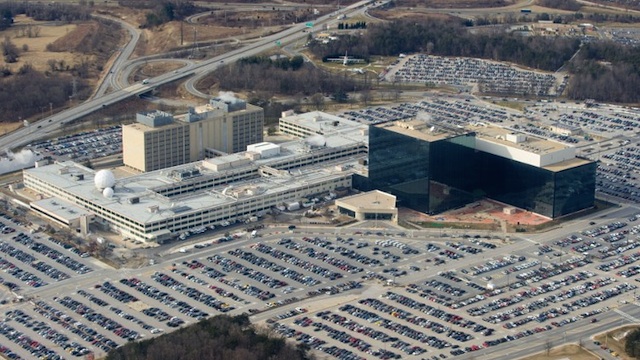SUMMARY
This is AI generated summarization, which may have errors. For context, always refer to the full article.

WASHINGTON DC, USA – A review panel named by President Barack Obama has urged scaling back the National Security Agency’s electronic spying powers to protect privacy rights and shore up public trust.
Here are the main points of the panel’s 46 recommendations:
— End the NSA’s mass collection and storage of Americans’ phone records as it poses a threat to privacy rights. Instead, the spy agency would have to obtain a court order to search for specific phone records.
— Ban the NSA from asking technology firms to insert backdoors to software that would allow the agency to gain access to encrypted communications. The panel concluded the agency has not made such requests in the past.
— Restrict the authority of the courts to compel telecommunications companies or others to disclose private information to the government.
— Require the NSA to adopt a more transparent, open approach that informs the public and lawmakers about the scope of its surveillance programs.
“Legislation should be enacted requiring information about surveillance programs to be made available to the Congress and to the American people to the greatest extent possible (subject only to the need to protect classified information),” the panel said.
— Declassify more documents to shed light on the work of the Foreign Intelligence Surveillance Court, which oversees the NSA’s spying.
— Create a public interest advocate who would argue on behalf of civil liberties and privacy rights before the FISA court. Empower the Supreme Court justices — instead of the US president — to name the judges that sit on the court.
— Tighten restrictions on surveillance authorities and programs to ensure information is sought based on clear and reasonable suspicions linked to terror or other threats.
— Require high-level approval and stricter review of possible eavesdropping on foreign leaders, taking into account the potential risks of spying on friendly nations.
Before the spying goes ahead, government officials should answer the question: “What would be the negative effects if the leader became aware of the US collection, or if citizens of the relevant nation became so aware?”
— Take action to protect the privacy rights of foreign nationals by imposing limits on what spying may take place.
Surveillance of foreigners “must be directed exclusively” at safeguarding US or allied national security interests and not for other ends, such as stealing trade secrets.
— Reform the NSA to clearly focus on collecting foreign intelligence. Name a civilian as director instead of a military officer, with the Senate approving the appointment. Remove authority over cyber warfare from the NSA chief to a separate military command.
“Our recommendations about NSA are designed in part to create checks and balances that would make it more difficult in the future to impose excessive government surveillance,” the panel said. – Rappler.com
Add a comment
How does this make you feel?
There are no comments yet. Add your comment to start the conversation.